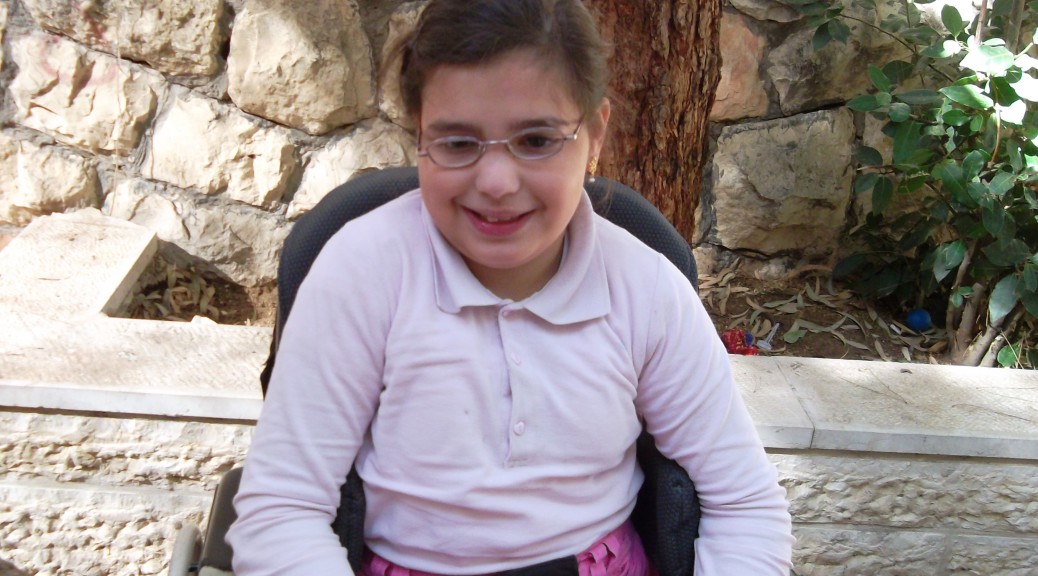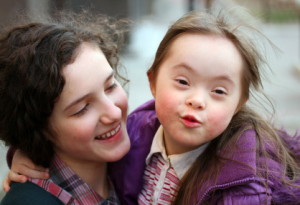Explaining a disability to a child is never an easy thing for parents. It is equally difficult for the child who may not understand the nature of their disability. There are some general guidelines parents can use to communicate to their child and help them prepare.
First, parents must try to fully explain that the disability is not the child’s fault. Parents must show solidarity with the child and convey their compassion and understanding of the challenges ahead. Children with disabilities must be given a full explanation of what their condition is, how it can be dealt with and the ways they can make progress in spite of it.
Parents should begin communication early, as soon as the child has become aware that they are different from other children. For children ages 2 to 4, parents need to explain that sometimes people are born different and don’t have everything their bodies require to function. It’s OK for parents of kids 5 to 8 to acknowledge the unfairness of the child’s condition and to remind them that there are other talents they have that are equally important. Kids ages 9 to 12 may be told that, while it’s natural to be frustrated with their disabilities, they can be strong in other ways, especially in coping with their disability.
It is also important that parents explain the disability to the child’s siblings so they have a clear understanding of what their brother or sister faces. Even children with no disabled siblings need lessons in compassion so they will be prepared when they meet disabled people and know to treat them equally.













